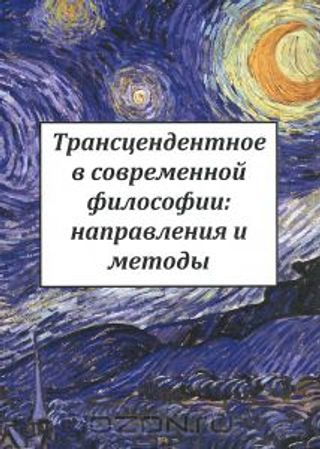?
Александр Койре и Поль Жильбер об аргументе св. Ансельма
This article presents two French interpretations of Anselm’s Ontological Argument. The first one was proposed by Alexandre Koyré (1892-1964) in his early book The Idea of God in the Philosophy of St. Anselm (1922). Koyré considers Anselm’s philosophy being the part of Neo-Platonist tradition along with Augustin, Pseudo-Dionisius and Eriugena. But he also found in Anselm’s argumentation a quasi-phenomenological recognition of the intentionality of the consciousness that guarantees the openness of thought to the transcendent reality. This idea was further developed by Belgian jesuit Paul Gilbert in his book dedicated to Proslogion of St. Anselm. He reads Anselm’s Argument in the vein of French reflexive philosophy and points out that the negation of the id quo maius cogitari nequit existence is at the same time the negation of the act of thought itself.
